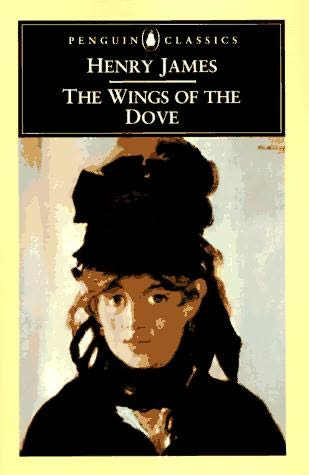Teaching and Fantasy Literature: Heroic Struggle and the Taxonomy of Meanies
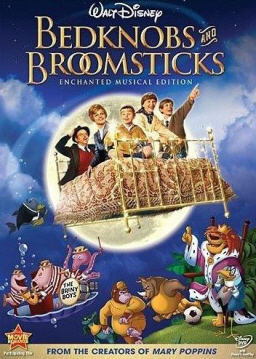 The preschool teacher tells me my five-year-old is doing much better at not hurting his classmates when he gets carried away with his pretend play. This might sound like faint praise, but after the week we’ve had, I’m thrilled to hear it. As we cross the parking lot, Gareth says to me, “I hate everyone at my school.”
The preschool teacher tells me my five-year-old is doing much better at not hurting his classmates when he gets carried away with his pretend play. This might sound like faint praise, but after the week we’ve had, I’m thrilled to hear it. As we cross the parking lot, Gareth says to me, “I hate everyone at my school.”
“Why is that?” I ask.
“There’s too much world peace in it.”
I try not to guffaw. I rarely learn anything new while in the act of guffawing. Instead, I say, “Do you know what world peace is?”
He says, “Of course I know. What is it?”
“You said you knew.”
“What is it, Mom?” He sounds a bit frantic. It turns out he’s been singing songs about this thing, sitting at circle time with his classmates to hear books about it read aloud, and doing little craft projects about it, but nobody has checked in with him about whether he knows what it is. His behavior lately has not been conducive to it, as he has been given to understand. My impulsive five-year-old, of whom his teachers say he’ll probably be running some illustrious lab at Princeton one day unless he lands himself in juvie first, is not a man of peace.
I have told him that meanies are to be resisted, not suffered in silence. I’ve told him stories about knights defeating meanies. The long video that we save for rainy days is Bedknobs and Broomsticks, with its comical/supernatural defeat of a Nazi invasion. It was my first attempt to explain what Nazis are that gave us our taxonomy of meanies.
 When I was my students’ age, the SAT had two sections, not three. The verbal section was heavy on analogies, which the College Board has long since purged from the test. They added an essay in 2005, which to me feels like last week, but to my students, that’s a time when their ages were in single digits.
When I was my students’ age, the SAT had two sections, not three. The verbal section was heavy on analogies, which the College Board has long since purged from the test. They added an essay in 2005, which to me feels like last week, but to my students, that’s a time when their ages were in single digits.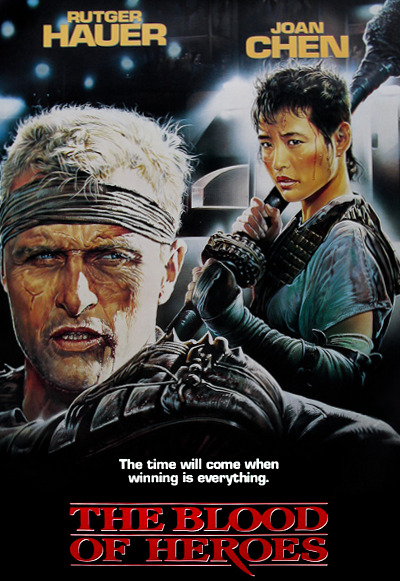
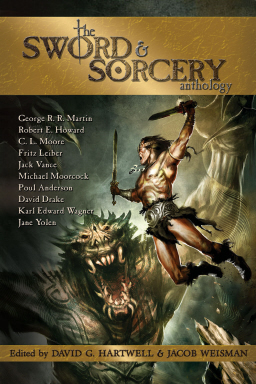

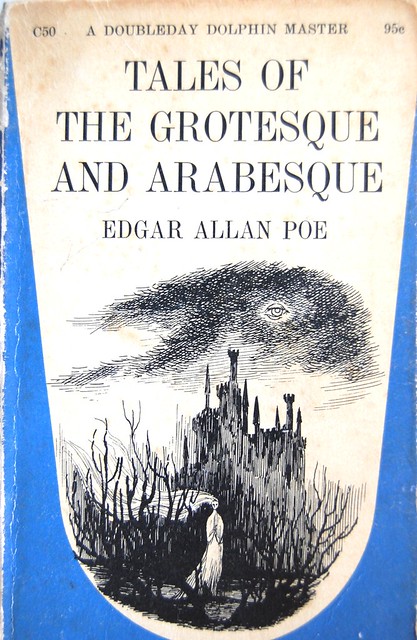 I’m secretly haunting an 8th grade English class at Hammarskjold Middle School. I tutor some students who are in the same class, so I get to see their teacher’s assignments, comments on student writing, and most recently, study guides for midterm exams. I glimpse the teacher through the fog of my physical absence from the classroom–I even forget from week to week whether the teacher is a man or a woman–but traces of my spectral influence may be detectable in my students’ work.
I’m secretly haunting an 8th grade English class at Hammarskjold Middle School. I tutor some students who are in the same class, so I get to see their teacher’s assignments, comments on student writing, and most recently, study guides for midterm exams. I glimpse the teacher through the fog of my physical absence from the classroom–I even forget from week to week whether the teacher is a man or a woman–but traces of my spectral influence may be detectable in my students’ work. Kids under age six are not lying to you, not exactly. When they want something to be true, they genuinely cannot tell that it isn’t. When they fear something might be true, no amount of reassurance is enough, because
Kids under age six are not lying to you, not exactly. When they want something to be true, they genuinely cannot tell that it isn’t. When they fear something might be true, no amount of reassurance is enough, because  I confess: I’m horror-illiterate. Being horrified on my way to some other reading experience is often worthwhile, but reading just to poke my
I confess: I’m horror-illiterate. Being horrified on my way to some other reading experience is often worthwhile, but reading just to poke my  No wonder the writer I was back in college never finished anything big. She lacked the patience for the kind of slog I’m slogging through now. She knew some nice tricks — could turn out a kickass sonnet in two hours by writing backwards, last line to first — but if she had ever managed to produce a complete book-length draft, she would have wandered off to a next never-to-be-finished project once the revision got tough. She would not have been game for as many rounds of tightening, fact-checking, and continuity repairs as I have had to do for the novella collection I’m sending off to its small press publisher next week.
No wonder the writer I was back in college never finished anything big. She lacked the patience for the kind of slog I’m slogging through now. She knew some nice tricks — could turn out a kickass sonnet in two hours by writing backwards, last line to first — but if she had ever managed to produce a complete book-length draft, she would have wandered off to a next never-to-be-finished project once the revision got tough. She would not have been game for as many rounds of tightening, fact-checking, and continuity repairs as I have had to do for the novella collection I’m sending off to its small press publisher next week.